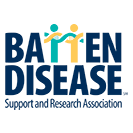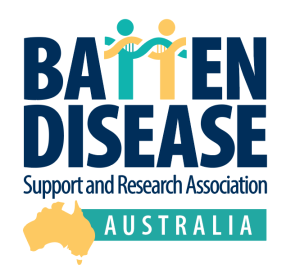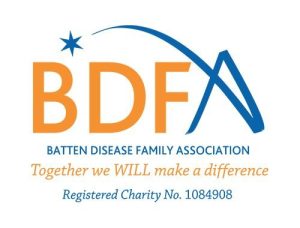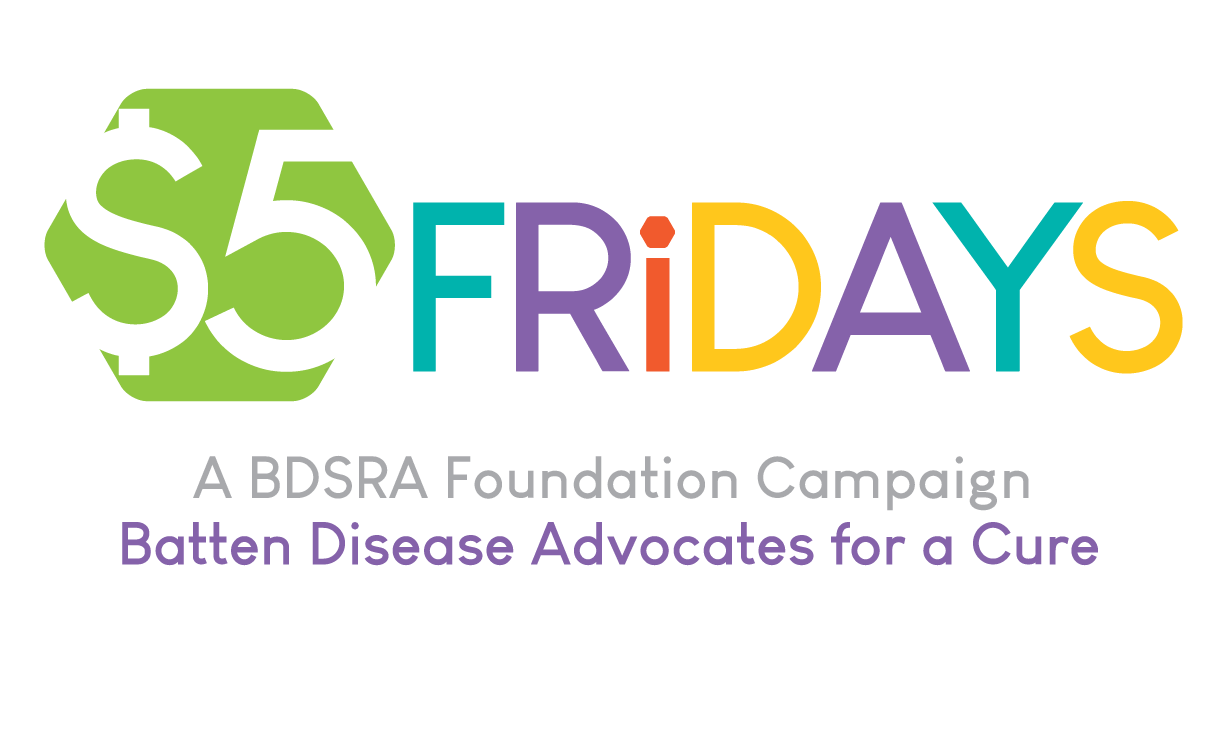



The Batten Disease Support and Research Association and its international chapters and affiliates would like to address the current landscape surrounding the biotech industry, some of the recent announcements regarding gene therapy development, and how these changes affect our mission to support Batten families, fund and facilitate research, and advocate for treatments and a cure.
Gene therapy involves modifying genes or replacing disease-causing genes with healthy ones to treat, cure, or prevent that disease. In recent years, there has been significant progress in gene therapy research and development in the rare disease field. Although there is an unprecedented number of gene-based therapies currently in development for several Batten disease subtypes, including some that have advanced to in-human investigational clinical studies, there are currently no gene therapies approved and registered for the treatment of Batten disease.
For any treatment to gain this approval (through the FDA or corresponding regulatory bodies in other countries), the safety and efficacy of the treatment must first be investigated in human patient populations in a clinical trial. The costs associated with running these studies effectively and robustly are significant. Unfortunately, a sharp downturn in the biotech market driven by broader economic, clinical, and regulatory setbacks across the whole sector have led to a number of biotech companies recently announcing staffing cuts, downsizing, and reprioritizing their R&D pipelines. Like many in the rare disease community, Batten disease families have unfortunately suffered directly from these market setbacks, with Taysha Gene Therapies recently announcing significant staff reductions and its intention to reprioritize its resources toward Rett Syndrome and giant axonal neuropathy in the immediate future. Similarly, Amicus Therapeutics’ has announced it will not be moving multiple gene therapies into clinical testing in the coming years, as previously expected.
We know some of the latest developments in the biotech industry will be distressing and extremely frustrating to many of our Batten families, but BDSRA and its partner organizations around the world remain committed to continuing to provide education, resources, support, and communication to our Batten families through all the ups and downs. We will continue to work with our industry partners to advocate for our Batten families and improve the lives of everyone affected by Batten disease.
We invite and encourage the Batten community to watch a special edition of our virtual Ask-An-Expert session featuring a panel of Batten experts. The full virtual session can be found here on the BDSRA YouTube channel.
For any questions, please email BDSRA at info@bdsra.org and follow our social media channels and website for more updates.


